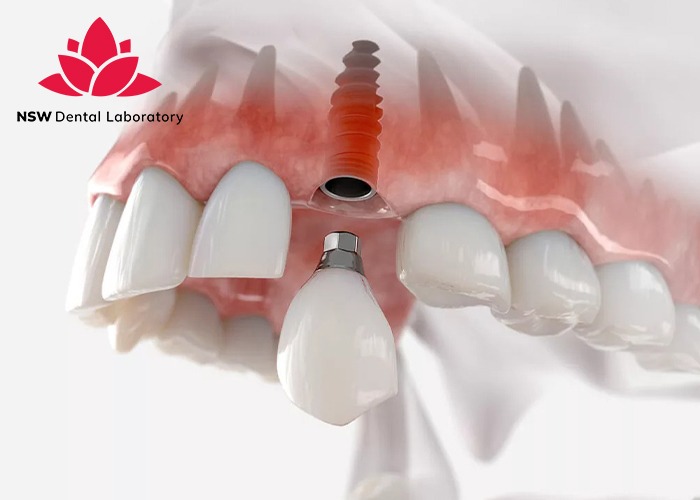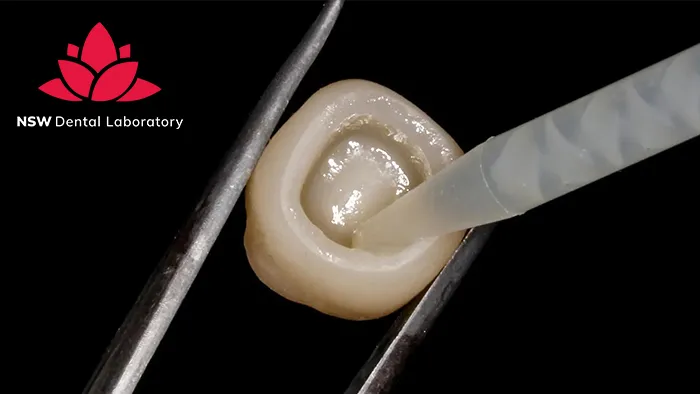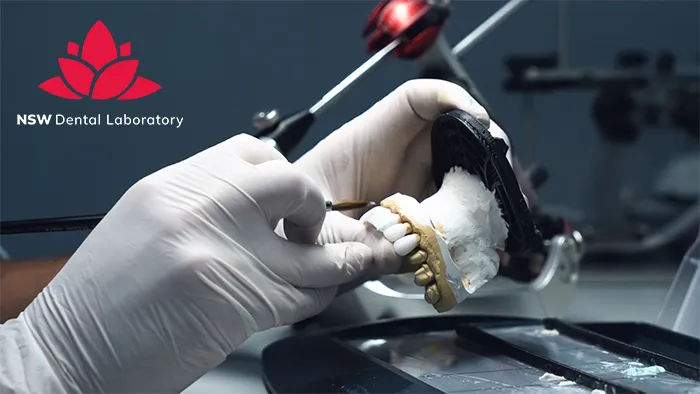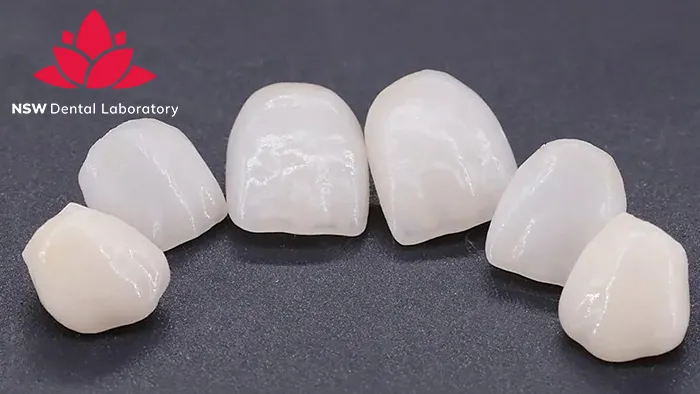Crowns Vs Implants: Find The Right Solution For You
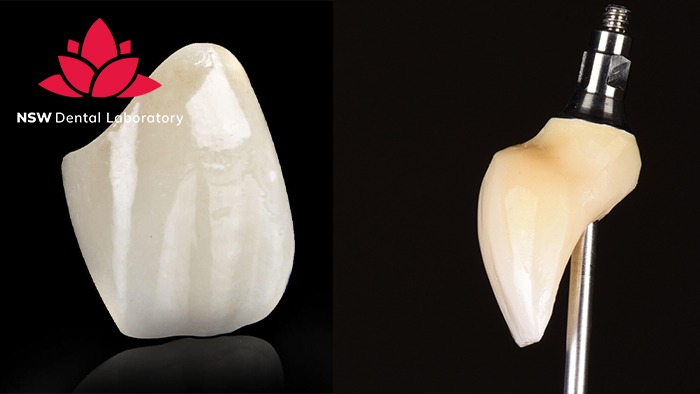
Crowns vs Implants are common solutions for repairing or replacing damaged or missing teeth. Both options offer effective solutions, but they come with different considerations and benefits. While dental implants provide a more long-term and structurally stable solution, crowns may be the preferred choice if the existing tooth root is still viable. In this month’s blog post, we will compare crowns vs implants, highlighting their differences, advantages, and drawbacks to help you make the best decision based on your dental condition.
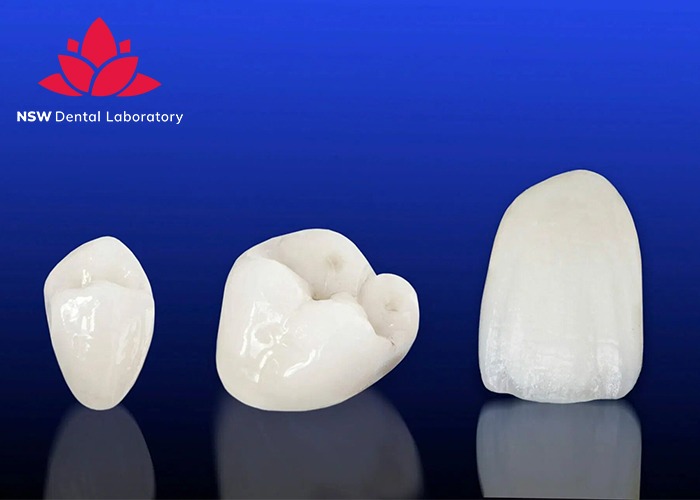
What Is a Dental Crown?
A dental crown is a tooth-shaped cap that covers a damaged, weakened, decayed, misshapen, or discolored tooth to restore its strength, shape, and aesthetic appearance. Additionally, crowns can help secure a dental bridge in place or cover a dental implant. They can be made from various materials, including ceramic, composite resin, porcelain, metal, zirconia, IPS Emax, or a combination of these materials.
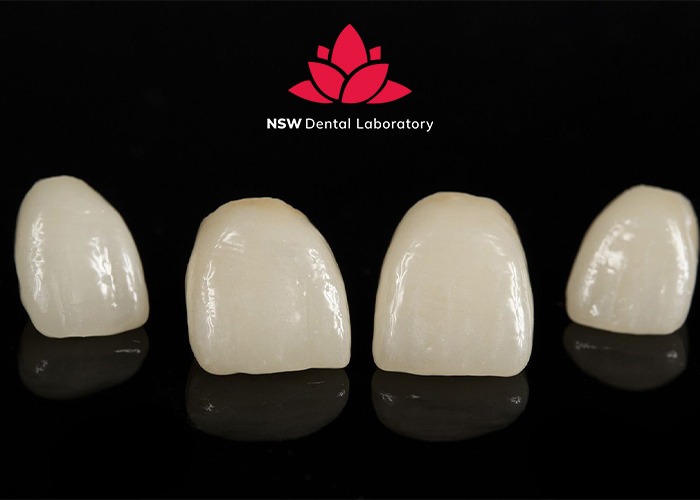
What Is A Dental Implant?
A dental implant is a durable solution for replacing a missing tooth. It consists of a titanium post surgically placed into the jawbone, serving as a stable artificial root. A custom-designed dental crown is then attached to the implant. The titanium post acts as a strong foundation, mimicking the function of a natural tooth root, while the crown restores both the appearance and functionality of the missing tooth. This provides a reliable and long-lasting solution for tooth loss.
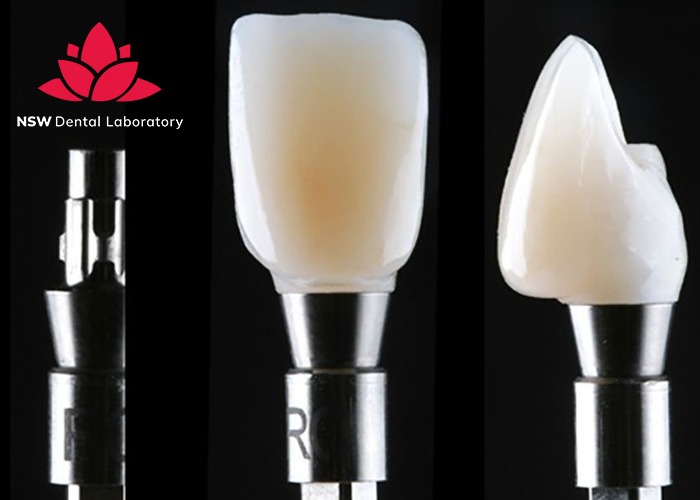
Comparison Of The Advantages And Disadvantages Of Crowns Vs Implants
Crowns vs implants are two common options for restoring damaged or missing teeth. While both offer distinct benefits, they also come with certain drawbacks to consider. Below is an analysis of the advantages and disadvantages of Crowns vs Implants to help you make the best choice for your dental condition.
Advantages Of Dental Crown
- Minimally Invasive: A dental crown is a less invasive solution as it does not require surgery to place an implant post, reducing the risk of pain or complications during treatment.
- Preserve the Natural Tooth Root: When the tooth root is still viable, the existing tooth can be reshaped without the need for a full tooth replacement. This allows the natural root to remain intact, enabling the crown to function naturally.
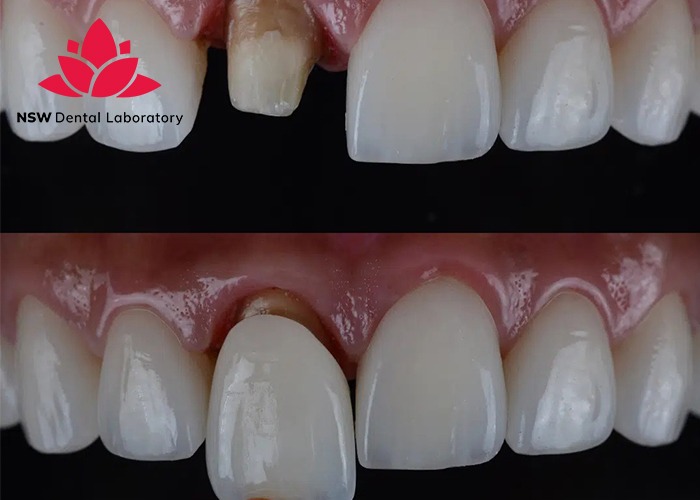
- Faster Treatment Time: A dental crown can typically be completed in just one to two appointments, depending on the patient’s condition. In contrast, a dental implant usually requires 3 to 6 months for full integration. This significantly reduces treatment time, allowing patients to quickly restore both function and aesthetics.
- Lower Cost: Compared to dental implants, dental crowns are a more cost-effective option since they do not require implant placement or additional procedures such as bone grafting or long-term maintenance costs. This makes them a suitable choice for patients with a limited budget.
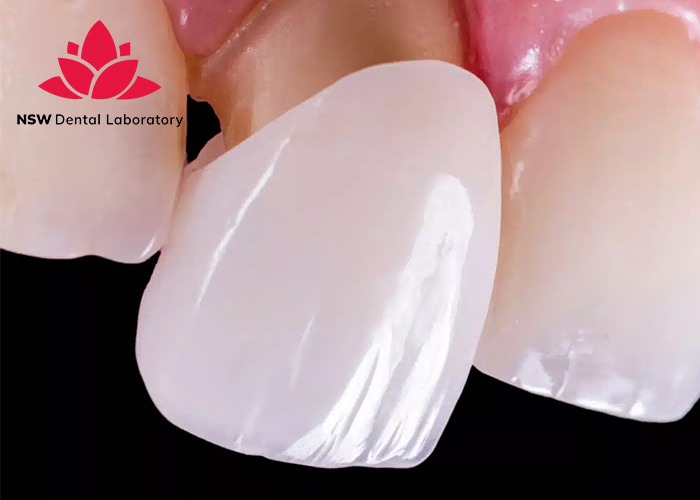
Advantages Of Dental Implant
- Jawbone Protection: When a tooth is extracted or a bridge is placed, the portion of the jawbone that once supported the tooth root will deteriorate and eventually be resorbed. One of the greatest benefits of dental implants is that they replace the tooth root within the jawbone, helping to preserve bone structure. This prevents bone loss caused by missing teeth and maintains facial structure.
- Preserves Adjacent Natural Tooth Structure: In cases of tooth loss, dental implants are the ideal solution for preserving the structure of adjacent teeth without the need to shave them down to support a dental bridge.
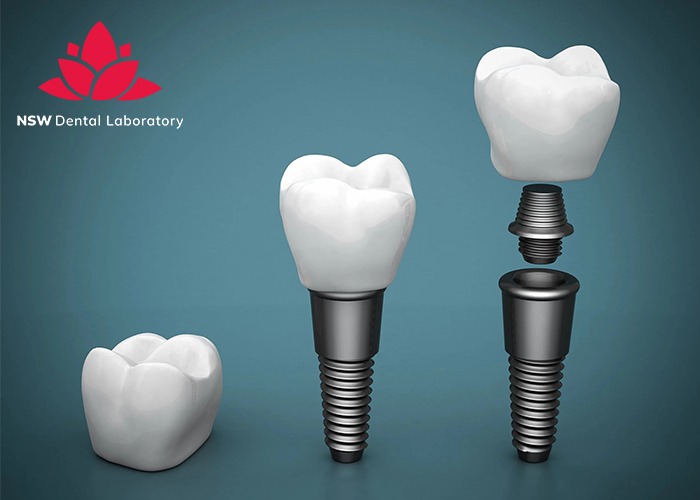
- Stable and Secure: The Implant root osseointegrates (bonds) with the existing jawbone, creating a strong anchor for the artificial tooth. This provides stability and support for adjacent teeth while also helping to preserve the jawbone. Once the implant is fully integrated, it can last for a long time.
- Strength and Durability: Dental implants are designed to function like natural teeth, providing stability without shifting and requiring less frequent replacement compared to dental crowns or bridges. With proper care, dental implants can last 20–30 years or even a lifetime without needing replacement.
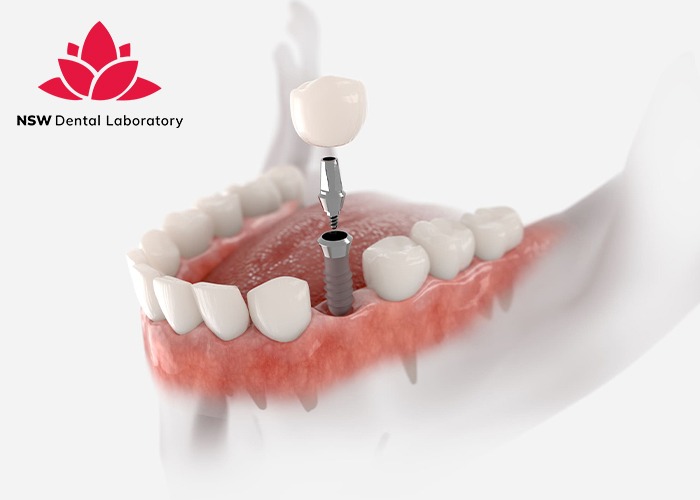
Disadvantages Of Dental Crown
- Requires Shaving Down Natural Teeth: Before placing a dental crown or bridge, a significant portion of the natural tooth or adjacent teeth must be removed to create enough space for the restoration and support of the bridge. Over time, this can weaken the natural teeth, increasing the risk of decay or root infections.
- Shorter Lifespan: Dental crowns can wear down, crack, or require replacement after 10–15 years, unlike implants, which can last 20–30 years or even a lifetime with proper care.
- Not Suitable for Completely Missing Teeth: Since a dental crown requires a tooth structure to attach to, it may not be a viable option for cases of complete tooth loss. Instead, a dental bridge may be needed, which involves shaving down adjacent teeth to serve as support for the crown.
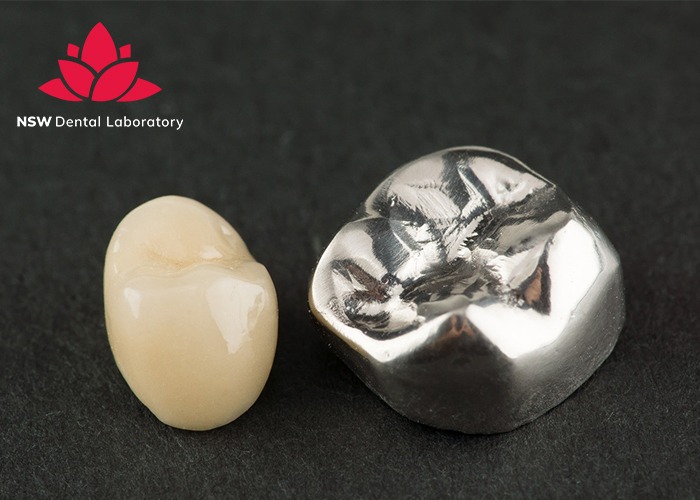
Disadvantages Of Dental Implant
- The treatment process is more complex and time-consuming: The placement of a dental implant and the subsequent osseointegration process require a significant amount of time, typically ranging from 3 to 6 months, to ensure stability before attaching the final crown. Additionally, if the patient has insufficient bone density, a bone graft may be necessary before the implant procedure, further extending the overall treatment duration.
- Higher Cost: The cost of dental implant placement is significantly higher than that of a dental crown due to the complexity and time required for the procedure and the advanced skills and expertise needed in the surgery process.
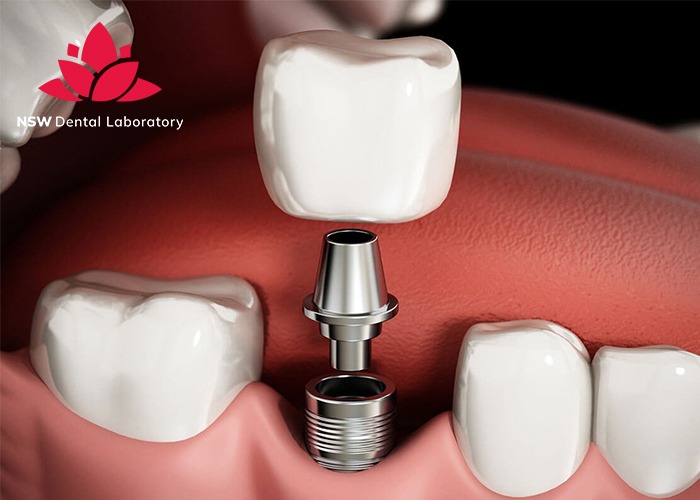
- Requires Sufficient Bone Density: If the jawbone has deteriorated or lacks sufficient density, implant placement may not be possible. In such cases, patients may require bone grafting before the implant procedure. In some instances, if a patient has certain medical conditions or if the jawbone cannot support grafting, dental implants may not be a viable option.
- Risk of Complications: Issues such as infection, implant rejection, or nerve damage are potential risks associated with dental implant placement. This is why patients should carefully consider choosing a reputable dental clinic to perform the procedure, minimizing the chances of complications.
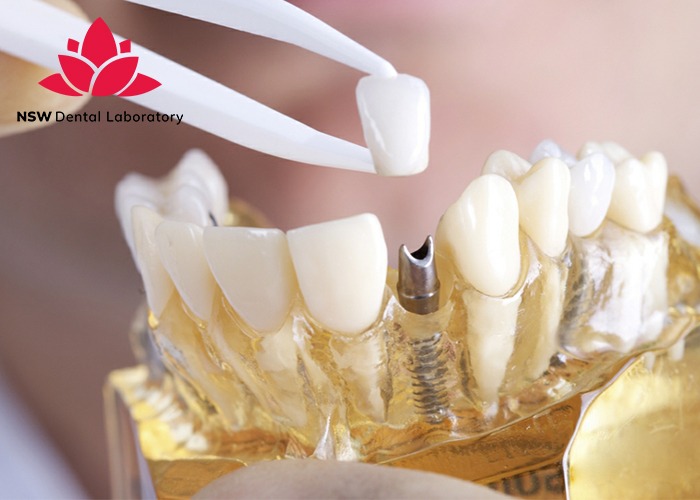
Choosing The Best Option
When faced with missing teeth or irreparable tooth damage, deciding crowns vs implants can be challenging. A permanent crown may be the better option if the existing tooth root is still intact, as this procedure is less invasive, requires less healing time, and is generally more cost-effective than a dental implant. However, if the tooth root cannot be preserved, a dental implant is the best choice for replacing the entire tooth and root system. While dental implants are more expensive and invasive, they provide superior long-term results and enhanced aesthetics.
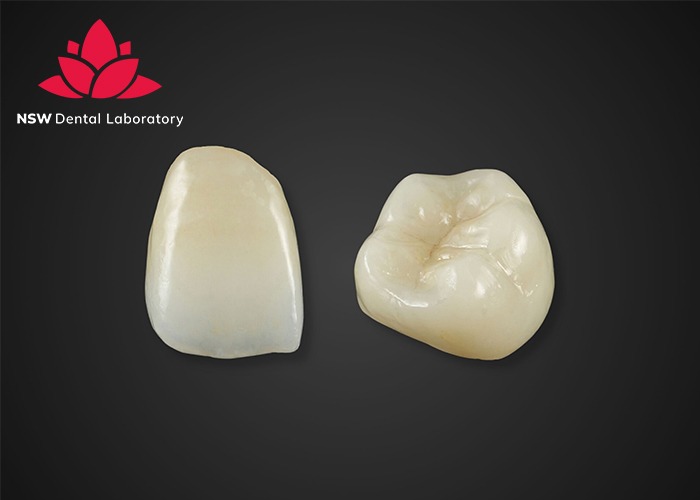
When choosing between crowns vs implants, it is essential to carefully weigh the pros and cons of each option and consult with your dentist to determine the best solution for your specific needs. After considering all the advantages and disadvantages of dental crowns vs implants, the best decision depends on your individual needs, oral condition, and budget. The most effective approach is to seek professional advice from your dentist to identify the most suitable solution for you.
